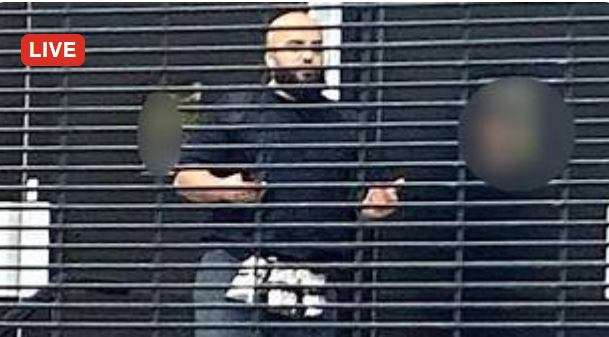He Was Good Enough to Work for Free, but Not to Be Paid: The Hypocrisy of How We Treat Disabled Workers
- presenterscarlettred

- Oct 23, 2025
- 2 min read
By Scarlett Red
Four years. That is how long Tom Boyd gave his time, his effort, and his loyalty to Waitrose.
He stocked shelves, smiled at customers, and showed up every week, for free.
His family says he clocked up more than 600 hours as a volunteer. But the moment they asked if Tom could be paid for the same job he had been doing for years, his place on the rota vanished.
The official story is polite...The company says they were reviewing volunteering roles, that changes were being made, that no one individual was singled out. But the message that moment sends is impossible to miss: you are welcome to contribute your labour as long as it costs us nothing.
This is not just about one young, disabled man working in a supermarket. It is about a far-wider truth that disabled people learn early, that society often values our effort only when it is free. Paid inclusion is still treated like charity, not equality. This news will have struck a chord with many all over the country.
Tom was not asking for special treatment. His parents were simply asking for fair treatment. After four years of unpaid work, asking to be recognised as a legitimate employee should not be a request that costs someone their place. It should be the natural next step.
Companies love to boast about inclusion. They post glossy campaigns about diversity and talk about empowering people with differences. But empowerment does not mean much when it stops at the payslip.
I have seen it happen too many times. Disabled people welcomed as volunteers, mascots, and inspirations, but quietly denied the dignity of being paid for their work. We are celebrated for our perseverance, but punished when we ask for parity.
The worst part, is that many of these situations are framed as 'misunderstandings'. It is a clever word. It makes exploitation sound like an accident.
When someone is good enough to work unpaid for years, but suddenly unsuitable the moment they ask for wages, that is not a misunderstanding. No. That is discrimination dressed up in polite clothes.
Work has value. Labour has value, and disabled people’s contributions do not become optional extras just because they are offered with goodwill.
Tom’s case should make every employer stop and ask: Would you do this to a non-disabled worker? Would you thank them for years of dedication, then quietly show them the door the moment they asked to be paid?
It's time to value everyone equally, and that includes giving fair financial recognition if they are doing their job and doing it well.
Inclusion without fair pay is not inclusion at all; it is simply exploitation with better lighting.






Comments